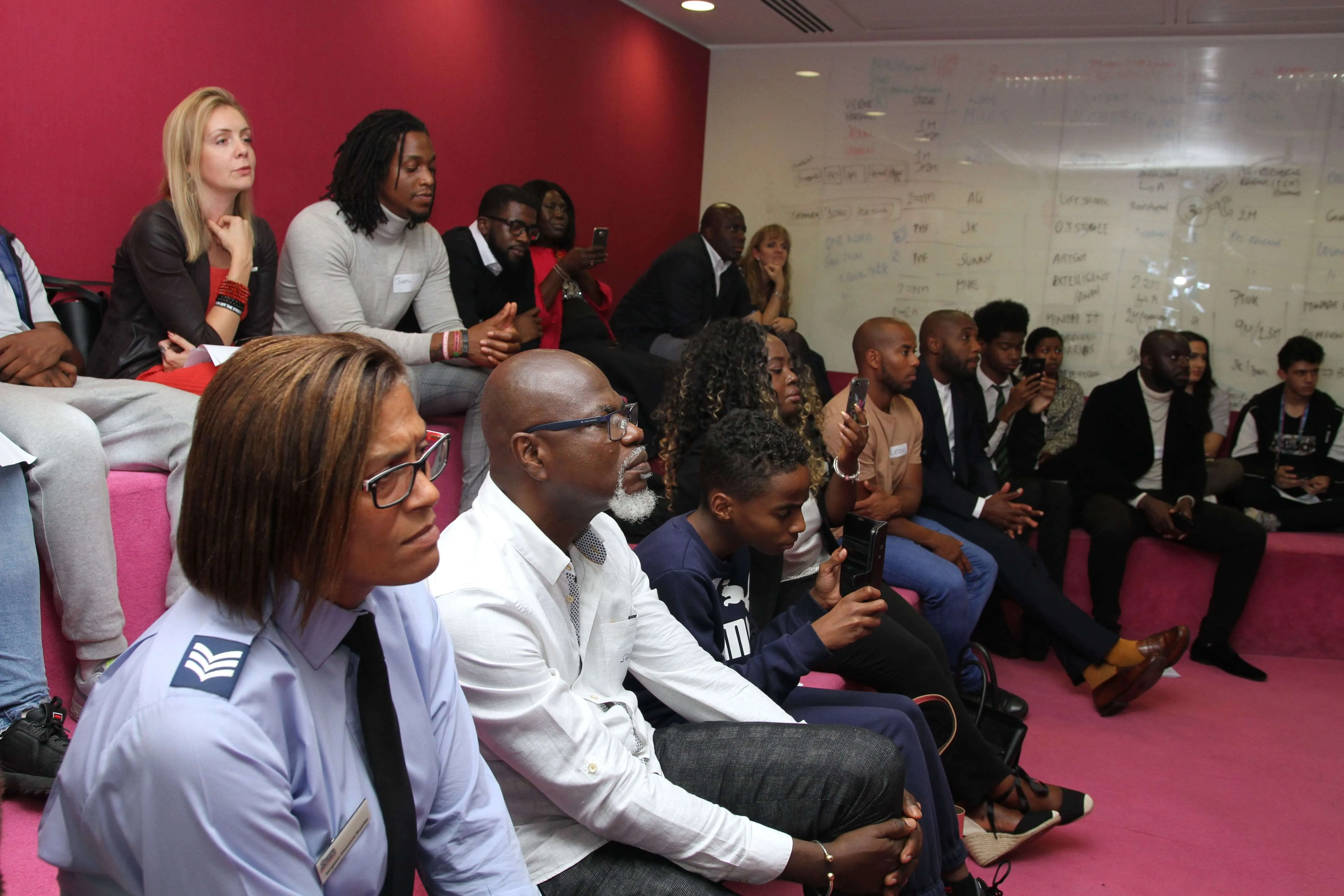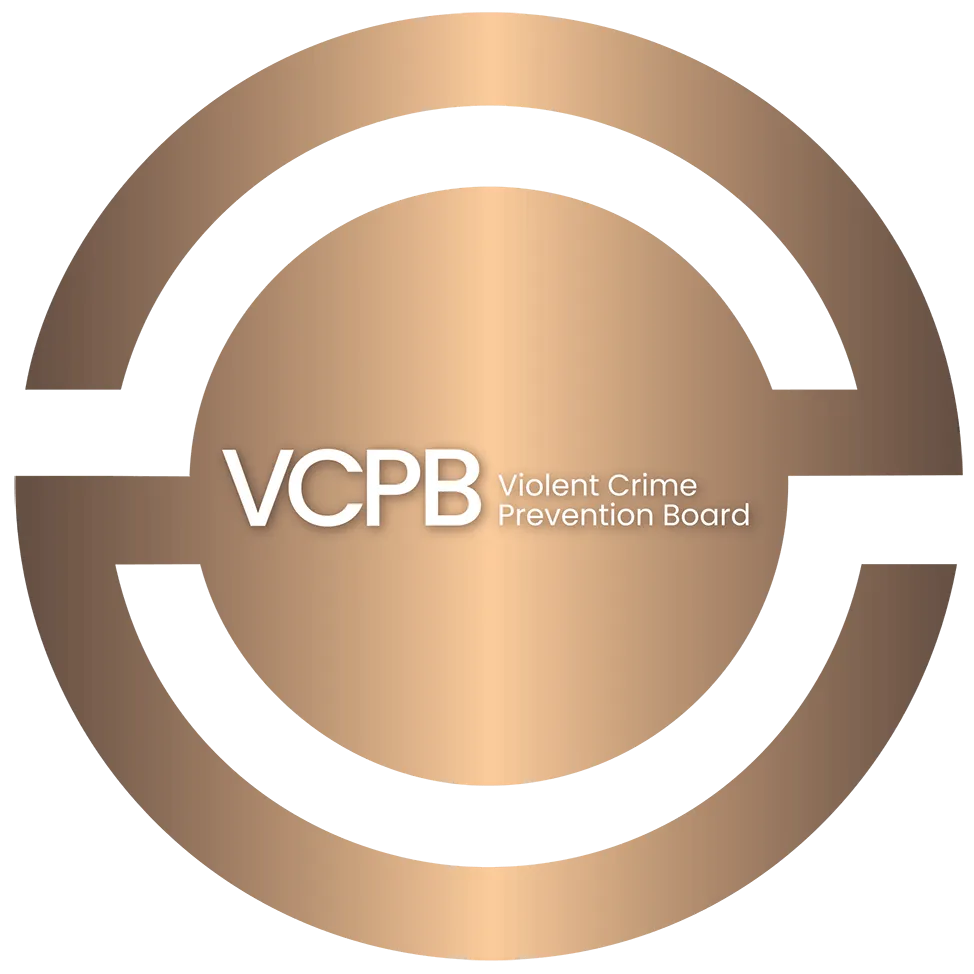
There is no doubt that the Covid-19 pandemic has changed everything, from how we live, socialise, learn, work and access healthcare to name but a few. We know for sure mental health has deteriorated across the population, domestic violence has increased steeply, poverty is endemic with unemployment up and our young people along with their families have been forced to become antisocial under lockdown rules. It’s difficult to see the wood from the trees in terms of how we’re going to deal with the myriad of problems and issues resulting from this.
Across the country and certainly within its epicenter London there are big questions on how we as a society are going to make a significant impact on driving down crime from the civil unrest arising out of protests such as Kill the Bill in Bristol, drugs, gangs and county lines to domestic violence and keeping vulnerable people safe on our streets. VCPB research uncovers worrying, yet not surprising trends arising from the pandemic.
Given that we are now in a time with far fewer positive things for the Youth to be doing even after lockdown ends, we know there has been a significant increase in mental health and wellbeing concerns relating to young people, in part a result of more generalised loneliness and isolation, but also affected by increased social media or online pressure. Recent statistics show there is now a higher risk for engaging in gangs, substance misuse and carrying weapons or other harmful practices.
Lockdown restrictions on mobility from March to May 2020 had an impact on the level and composition of crime. In England and Wales, crime was lower in all categories during lockdown, except for anti-social behaviour (35% above the mean) and drug offences (17% above the mean). Anti-social behaviour remains high post-lockdown (from June to September 2020) although drug offences are not statistically above the mean. It is truly a mixed bag, but let’s not forget many of the positive things we’ve all experienced such as an opportunity for better sleep, digital innovation, lots of online events and the chance to re-evaluate our lifestyle, as a result of disrupted work patterns.
During this period VCPB has noted an upsurge in community initiatives helping with everything from food security to mentoring, online therapy and careers advice. We are proud to shine a spotlight on some of the incredible community development work in collaboration with our VCPB thematic leads and partners. Faith organisations have delivered a range of community food hubs and food banks, such as the Faith Workstream where services operate in a number of London Boroughs.
A range of family support is also delivered, which provides information and services to parents and mentorship for their children, to keep them safe and enhancing wellbeing in the home.
Education support is being provided collaborating with the local authority, voluntary organisations and public bodies providing early intervention for children and young people on the periphery of crime.
The VCPB’s Business and Enterprise Workstream is delivering a series of ‘Side Hustle’ business empowerment events for young adults, parents and disenfranchised individuals in the community to build financial literacy and employability skills. We believe that this will in some way support many adults who during Covid-19 may have lost their jobs.
VCPB continues to champion progress in the crime prevention space in new and exciting ways despite challenges presented by Covid-19. We encourage community based initiatives to reach out to let us know what they are doing to support people in our communities. Also, please check out funding opportunities such as the Mayor of London’s new open innovation programme to help, charities, businesses and social enterprises deliver services to improve employability skills and build stronger communities, or additional COVID-19 funding opportunities available at www.valonline.org.uk
For more information about the Violent Crime Prevention Board visit www.vcpb.org
